Lightfoot shuts small businesses in futile drive to stop street gang violence
Chicago Mayor Lori Lightfoot has created a Special Task Force of Police and Inspectors to shutter Arab and minority owned businesses as a “Hail Mary” strategy to stop spiraling street gang violence. Dozens of gas stations with food sections have been shut down over minor code violations and kept closed for weeks during repeated inspections. Citing electrical cord use, surge protectors, LED lights instead of old lightbulbs, shelving that is “too close,” doors were too small, and small water pipes for coffee makers to force more than three dozen gas station pantries in gang-infested areas to close.
By Ray Hanania

Arab and Asian American small business owners mainly running gas station pantries accuse the City of Chicago and Mayor Lori Lightfoot of forcing them to close in the misguided belief that closing their stores will help reduce the violence that is sweeping throughout the city.
Dozens of gas stations and other small businesses owned by Arabs and minorities including Pakistanis, Indian and some African Americans operating in the city’s toughest neighborhoods are being forced to close on flimsy code violation citations.
Lightfoot has ordered the Chicago Police to create a Special Task Force consisting of Police Officers and City Inspectors from all aspects of city licenses and permits to target stores in heavy crime areas to force them to close down. Lightfoot’s team brushed off concerns expressed to the city during a meeting held in August to address the issue.
Nearly a dozen store owners were interviewed for this story, but their names and identities have been excluded to prevent the city from punishing them more. Many of the store owners said they fear retribution from the city but are planning a press conference Thursday to raise public awareness, to get support from members of the Chicago City Council, and to pursue legal action.
“What they are doing is trying to make it look like they are doing something to fight the street gang violence. But it will have no impact whatsoever except to harm the only local businesses that provide services in neighborhoods where the gangs operate,” a store owner contended.
In another instance, a gas station pantry owner said the Special Task Force inspectors openly debated the status of his gas station, with one complaining, “I can’t find any violations.” The Task Force leader then barked, “I don’t care. Find something and shut him down.”
“What’s happening to these businesses, Arab and non-Arab is an inexcusable outrage on the part of the City of Chicago in a misguided belief that closing small businesses will somehow reduce the violence,” said Hassan Nijem, president of the American Arab Chamber of Commerce of Chicago.
“This is unacceptable. It is a clear act of targeted racism intended to shut down an entire range of ethnic American businesses. It is wrong especially coming from an administration of Mayor Lori Lightfoot that constantly tells us she cares about minorities because she is Lesbian, African American, and a woman. It is absurd that Lightfoot is putting the blame for the gang killings on small businesses instead of taking responsibility herself for failing to stop the violent gang killings.”
Over the Labor Day weekend, a four-year-old boy getting his hair braided in a southside home was among six people killed and 61 others injured in a continuing wave of street gang gun violence.
The story each business owner tells is shockingly similar and is an outrageous violation of the owners’ First Amendment rights, they said. Oftentimes, the lead Chicago inspector was racist and offensive, bullying and threatening the store owners.
One operator who owns a dozen gas stations said many of his stations have been closed for months “purely on the whim of the inspectors who were offensive and tried to provoke me to say something to justify the closings. But I wouldn’t and they still closed the stores. I am losing $50,000 a month for each gas station they have closed for ridiculous citations that should not be used to close down a business.”
In addition to losing revenue, he said the city is losing significant retail and gasoline sales taxes.
“But worse is that we estimate that as many as 300 or 400 people all from the neighborhoods have been put out of work for no reason at all,” he said.
The Special Task Force, store owners said, consists of up to a half dozen Chicago Police Officers often with police lights flashing accompanied by up to a dozen city inspectors whose sole purpose is to find alleged infractions and code violations in order to justify closing the stores.
“It’s like a crime scene from TV that you can’t even believe,” one store owner said and others agreed.
The majority of the Special Task Force’s targeted inspections are not taking place during the week when the owner has a chance to go to City Hall and apply for a permit to rectify the alleged violations, but instead are taking place on Friday evenings.
“They are doing that on purpose because they want us to be shut down for long periods of time because we can’t go to City Hall to pull a permit to correct the alleged infractions. It drags out the process,” a store owner said.
Nearly three dozen gas stations that have grocery pantries have been shut down, some as short as one week and others as long as three months. The financial impact is devasting to the owners and has caused them great financial harm.
“They don’t want us to reopen. They came into my store and said that I had an extension cord connected to an ATM and they shut me down. When I fixed it – I had to get an electrician to install the outlet after requesting a permit that took many days. The following week, they came back and found other infractions and kept me closed,” one Arab American store owner said.
“They are intentionally trying to shut us down. When we fix what they demand to be fixed – and I have been in business more than 35 years and have never seen anything like this – they come back and find other things that they claim must be corrected. And they shut us down again.”
The store owners report all the infractions are minor although the Special Task Force is describing them as “hazards.” The infractions involve a wide-range of issues that include “not having a permit to connect a water connection to a coffee maker,” to using an electrical extension cord to power a small refrigerator. In several cases, the use of “surge protectors” on some small utilities are being cited as “dangerous hazards.”
In other instances, the Chicago Police and the Building Inspectors complained the spacing between food shelves was too narrow and the shelving had to be replaced, an expensive project that would take weeks to complete.
“They came into my gas station and said that the shelves were too close. I had to shut down for a week. When we got the permit to create more space between the shelves, they came back and said I had improperly replaced the old light bulbs with LED lighting and I had to wait to get another permit for an electrician to change that back. It was always on a Friday night. We were using those LEDs for more than three years and no one from the city ever said anything before,” the Arab businessman said.
“All of the infractions involve minor problems that can be fixed. But instead of having them fix the issues, they are citing them and ordering the businesses closed for weeks and for months in some cases,” said Nijem, who added store owners will gather Thursday night at 7 PM at the Palestinian American Club, 7703 W. 87th Street, in Bridgeview to consider legal options against the City for the harassment.
“The impact is devastating to the businesses. These small infractions can be fixed easily. But shutting down the businesses for long periods of time destroys the business and puts all of the employees out of work. We estimate that as many as 300 people have lost their jobs at several dozen small businesses that have been targeted by the city’s inspectors and wrongly closed.”
“The Chicago Task Force came in and just shut one of the stations down simply because the inspector said the water pipe to the coffee maker was not proper. I could have changed that for them but that wasn’t enough. They ordered us to shut down,” he said.
“They said I didn’t have an (electrical) outlet on the top of the door where I had hung a sign. We used an extension cord. Another one said I didn’t have a ‘back flow filter’ for the coffeemaker. I had no idea what he was talking about. I told them I would fix it and they laughed. They didn’t care whether I fixed anything. They just want to shut down my business because they think somehow, it will keep the street gangs from killing people, like I have something to do with it. The violence has been against everyone including us.”
One store owner said every infraction cited in one inspection had been inspected in the past and never cited. Once corrected, the Special Task Force came back and issued more citations.
“Every infraction they claimed could easily all be fixed. But instead, they just shut us down. They closed me down for 10 days. That was the purpose. To shut us down. It’s not about infractions or public safety. It’s about this policy that somehow if they shut the little stores down the gangs will go away and the shootings will stop and little kids will stop getting killed. But it won’t do a thing to change any of that,” a frustrated store owner said.
Other store owners said they are aware of gang activity and have been targeted by the gangbangers.
“My store and car have been shot at. I know store owners who have been killed,” one said.
“I have been here years and I donate food and soft drinks and ice to the local schools for their events. I donate food on holidays to the needy families here. Last year, I spent $10,000 on food during Thanksgiving to give needy families enough food to enjoy the holiday. I know all of my customers and they know me. I am here because the big grocery stores don’t want to be here. This Task Force is not targeting them because they are too powerful.”
The store owners said that the biggest problem with extended forced closings in such a dramatic way is that it scares customers who then go to other locations for gasoline and food. They said once the store is closed, it is hard to restore the prior level of service.
“We are small businesses that get blamed for everything. We came here to open stores that no one else wanted to open. It’s not just happening to Arabs and Muslims. Some of the stores targeted are owned by African Americans. It is about gangs and location, too,” another store owner said.
One store owner said he was told during his inspection that the city adopted a new Code for businesses and that the new Code required changes in the stores.
“How am I supposed to know it is a new code until they tell me? We fix it but it’s not enough. It’s not about the code. It is about shutting down stores in certain areas where the police have had trouble,” he said.
“They have come to the place with the intention to close us down. This has to do with violence in the neighborhood. They think people hang out by us and they want us shut down so no one can come here. I don’t know how that is going to stop the crime. I work with the neighbors. They know me. I help the neighbors and my customers. What the city is doing is creating more victims of this crime instead of stopping the crime.”
Another store owner said the inspector was upfront about what he was doing saying there was nothing I could do.
“One inspector said he came to close us down, but after I argued with him about what the impact was, he shut me down and then came back and said the commissioner had a change of heart. What kind of policy is that?”


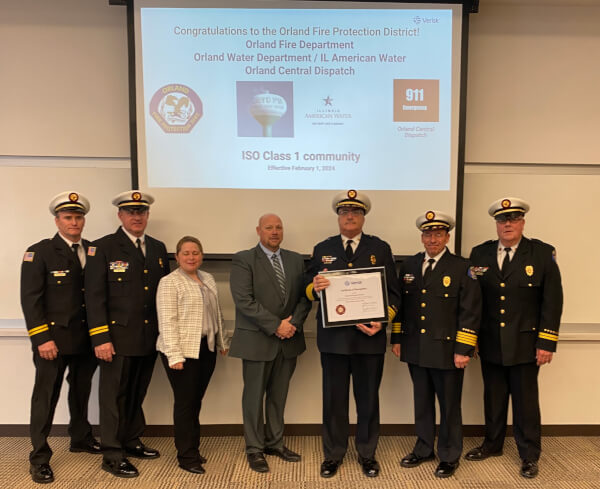
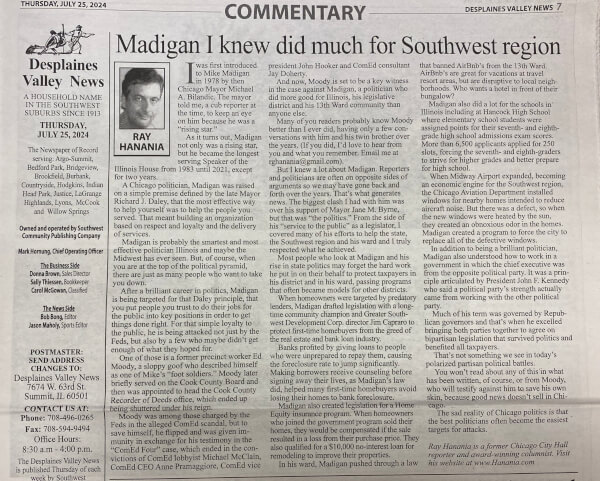
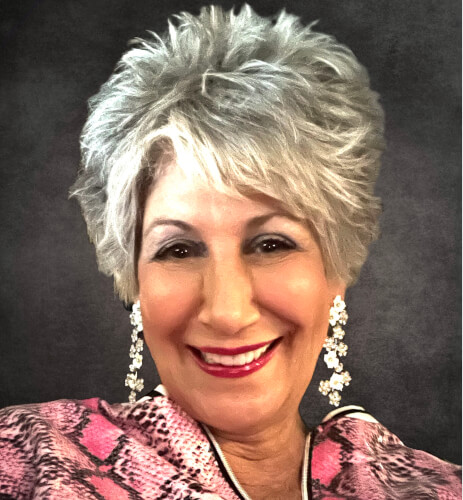
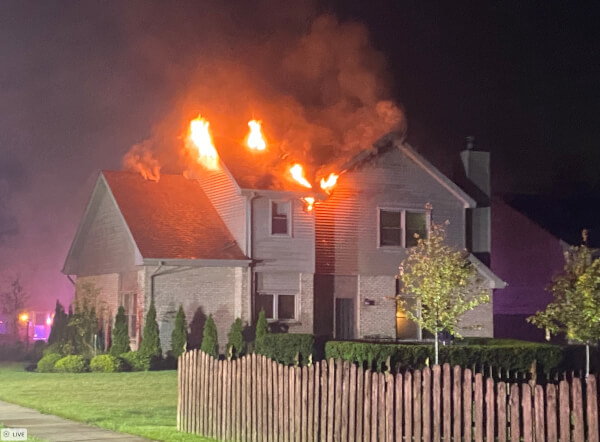
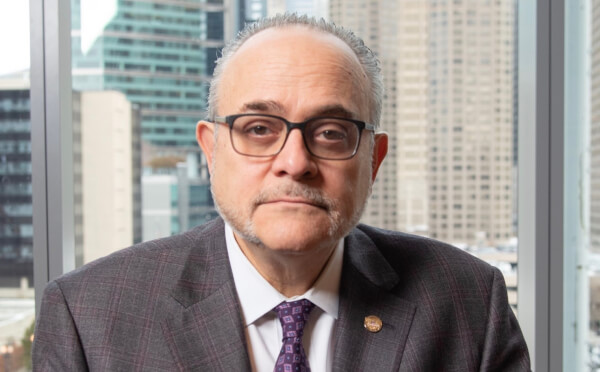
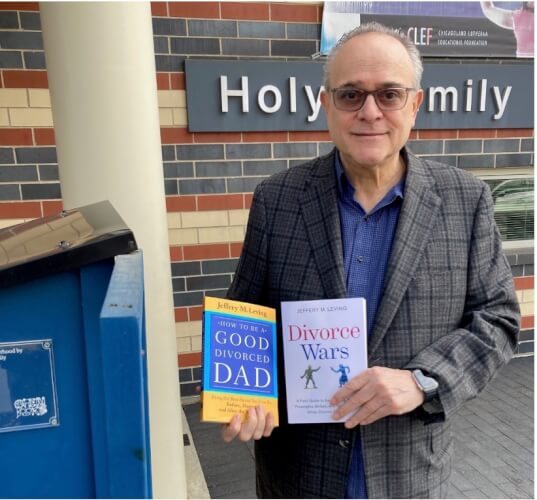
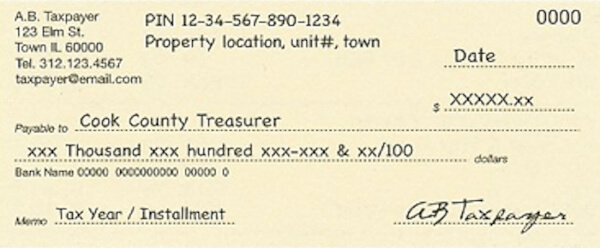


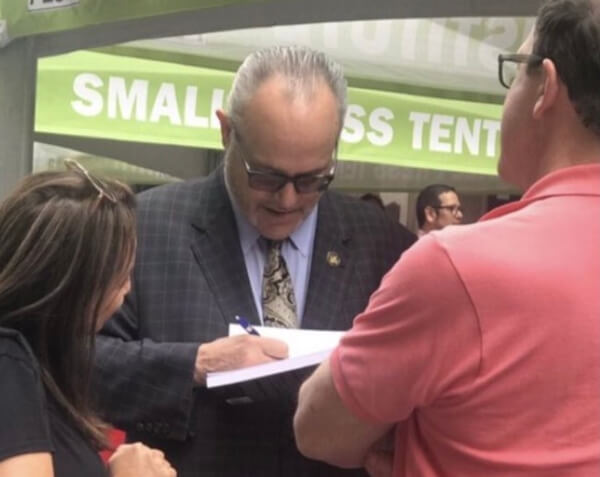
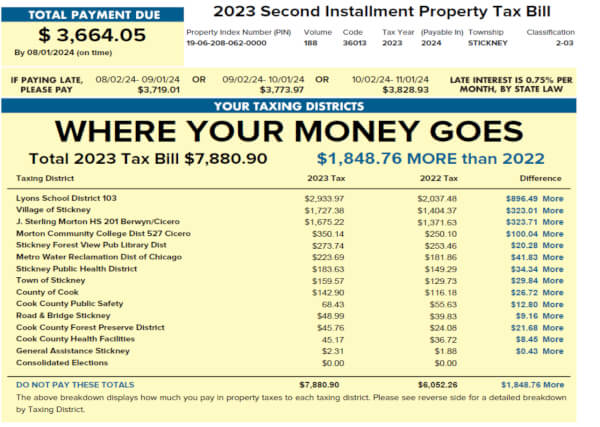
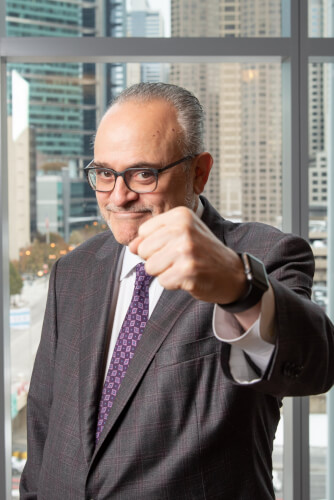


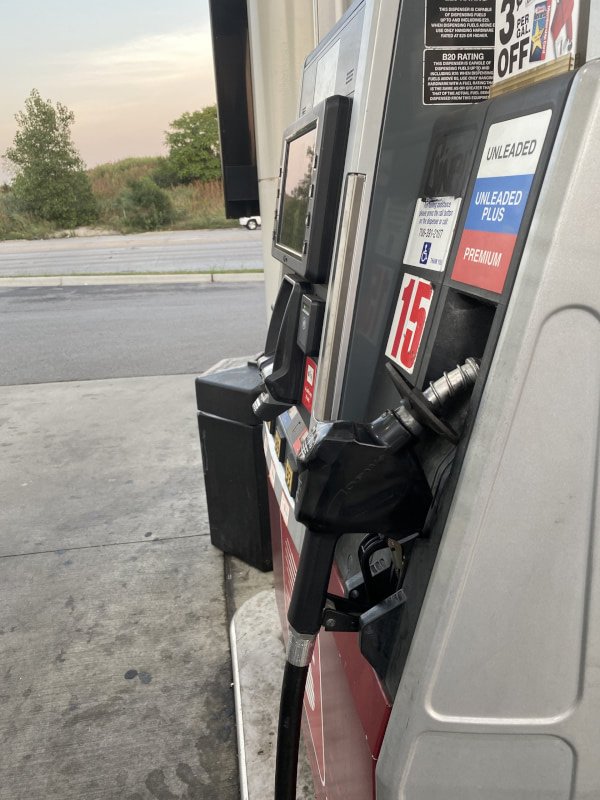


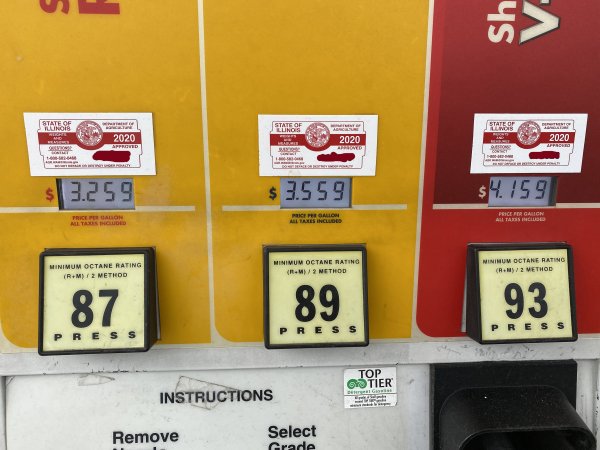
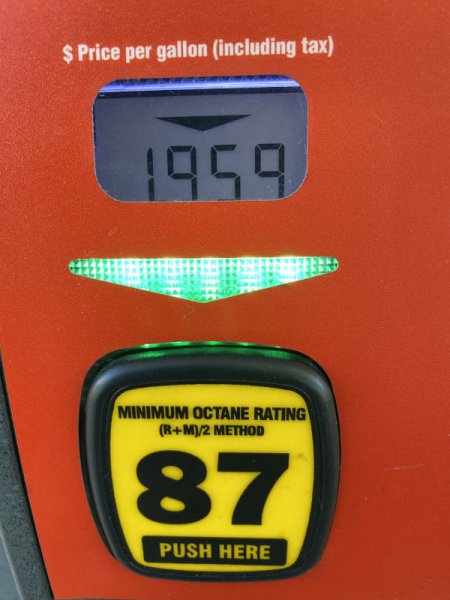

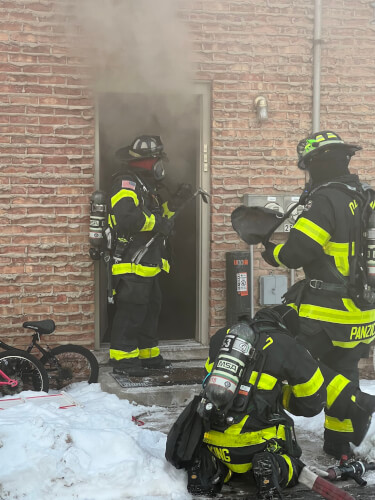


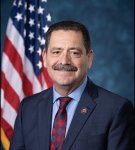

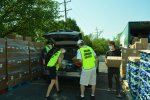
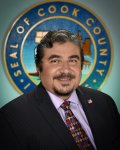
Owning a business in Chicago is a mistake. The Democrats will destroy you on a whim. Ask the landlords how they are doing.